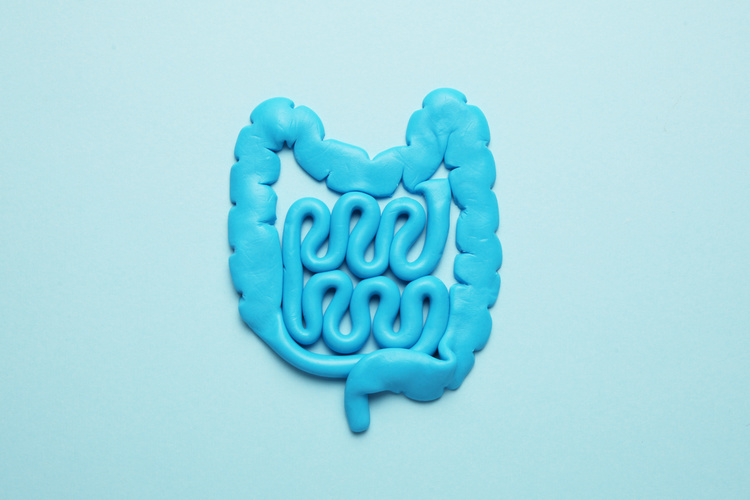
Choose a channel
Check out the different Progress in Mind content channels.

Progress in Mind

Changes in the composition and diversity of the gut microbiome resulting from modern lifestyles are implicated in the etiopathogenesis of mental illness, explained Professors Dolores Malaspina and Jose Clemente from Icahn School of Medicine, New York City. In a fascinating presentation for APA 2020 OnDemand, they describe how alterations in the gut microbiome are associated with changes in the brain function and in people’s behavior.
Colonizing microbes were first shown to regulate the development of the hypothalamic–pituitary–adrenal stress response in mice in 2004,1 said Professor Malaspina.
The gut microbiome can modulate brain function and behaviors through the microbiota–gut–brain axis2
A gradient of microbial diversity has since been demonstrated across populations, from the high diversity microbiome of traditional agrarian societies through to the low diversity microbiome of modern urbanized societies, said Professor Clemente.3–6
MDD is associated with decreased short-chain fatty acid (SCFA)-producing and increased pro-inflammatory genera
Microbial diversity and composition are significantly changed in mood disorders
The gut microbiota in patients with mood disorders show significant changes in diversity and composition compared with healthy individuals. In patients with major depressive disorder (MDD), common findings have included:
These changes may be related to chronic, low-grade systemic inflammation associated with mood disorders, said Professor Clemente7
Specific gut bacteria were also associated with inflammatory markers and metabolic profiles, disease severity, duration of illness, and psychiatric symptoms.7
Lachnospiraceae is associated with severity of schizophrenia
Alterations in gut microbiota may participate in the onset and/or pathology of schizophrenia
Patients with schizophrenia have a decreased microbiome alpha-diversity index and marked disturbances of gut microbial composition compared with healthy controls. Veillonellaceae and Lachnospiraceae were associated with schizophrenia severity,2 said Professor Clemente.
Germ-free mice who received schizophrenia microbiome fecal transplants had lower glutamate and higher glutamine and gamma aminobutyric acid in the hippocampus compared to healthy controls, and displayed schizophrenia -relevant behaviors similar to other mouse models of schizophrenia involving glutamatergic hypofunction,2 he added.
The findings suggest that alterations in the gut microbiota may participate in the onset and/or pathology of SCZ by modulating microbiota–gut–brain metabolic pathways.2
Other links between the microbiome and behavior
Further data presented by Professor Clemente linking the microbiome with behavior included:
For much more on how the microbiome plays a role in brain disorders, please see this set of articles in the Lundbeck Institute Campus: https://institute.progress.im/en/content/microbiome-and-brain-disorders-series-articles
Our correspondent’s highlights from the symposium are meant as a fair representation of the scientific content presented. The views and opinions expressed on this page do not necessarily reflect those of Lundbeck.